‘We’ move from hot topic to hot topic with chronic pain. Right now the new hot topic is addiction (dependency is my preferred term).
Chronic pain isn’t sexy enough to warrant media attention but there’s a bundle of money (the media’s other beloved topic) being made from pharma companies that now warrants the media’s attention.
The bundles of money pharma companies have made from the desperation and pain of people with a chronic illness is exorbitant – the demand for accountability is finally on these company giants.
Together with this, new laws prevent some over the counter pain medications from being readily available.
As a result, the healthcare industry has gone from throwing medication at patients, to now questioning whether to prescribe them at all.
I’m no expert on pain medication but after a short stint, very early on in my chronic pain journey, I was fortunate enough to be able to recognise that long term use was not going to benefit me.
I looked to other pain management methods and to making serious life changes instead. I was fortunate to have a partner to support and move with me – traumatic in itself as we were running our own business and our lives nearly both fell apart. But we’re getting there!
But that’s my scenario.
I’m managing.
Others can’t find a way to manage the traumatic life change. It’s understandable.
How does a general practitioner navigate the scenario when a patient has chronic pain and is desperate for relief? And how can they possibly help their patients out of dependency and convince them to face a new road ahead? Is that even possible?
It’s a topic that needs serious attention and I’m honoured to be invited to speak and share my personal experience. My aim is to share the resources that I’ve found that have helped me avoid dependency, and to share resources that have helped me understand my complex chronic health issue.
Education is key for both the patient and the professional in the management of chronic health issues.
I’ll certainly post an update, but for now, to the registrations!
The RACGP Victoria Drug and Alcohol Committee invites you to attend
the 2018 conference GPADD18 – DEALING WITH ADDICTION 4–5 AUGUST 2018
This conference will address some of the most common addictions and associated conditions that are presented to GPs in their daily practice, including chronic pain, real-time prescription monitoring, pharmacotherapy and more. Participants will receive the latest updates and practical tools for early detection, preventative approaches and management of drug, alcohol and other addiction-related problems.
View the program and administration details: www.racgp.org.au
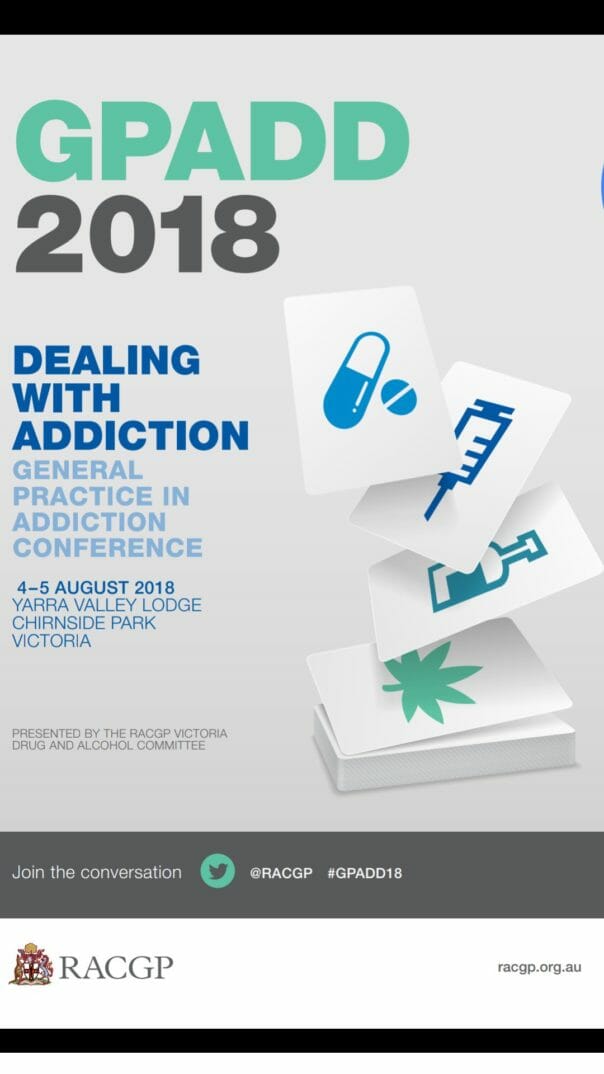


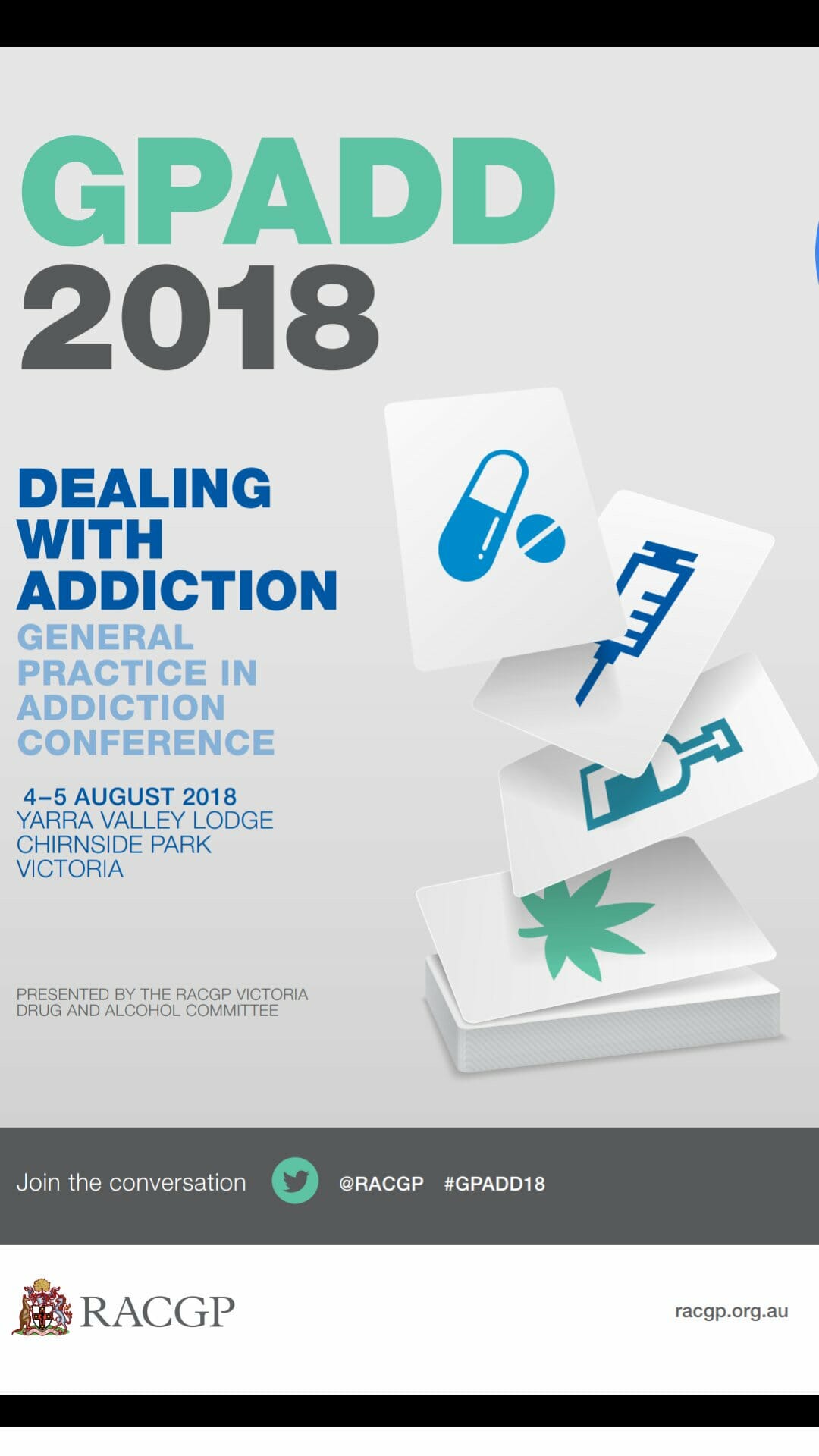

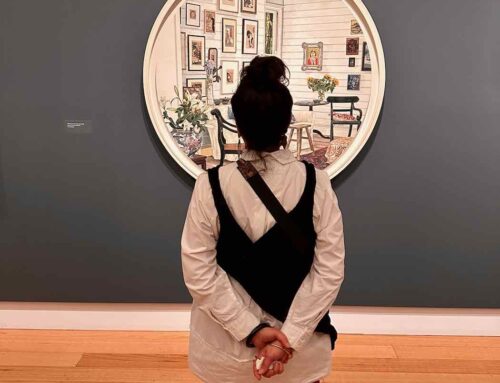
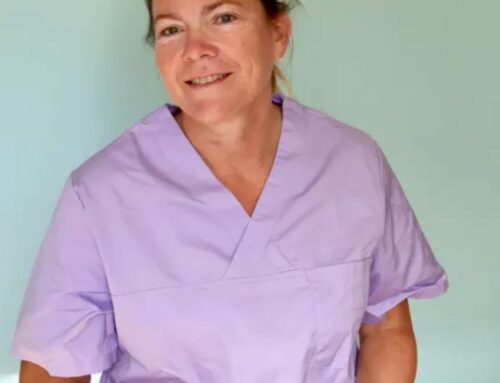
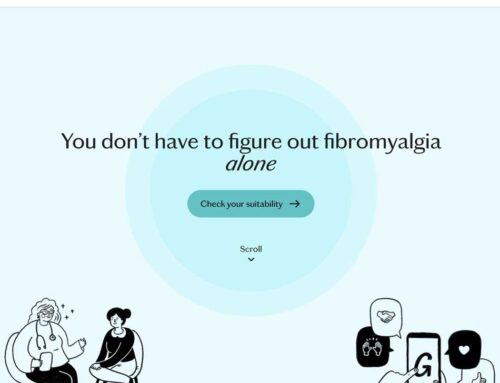
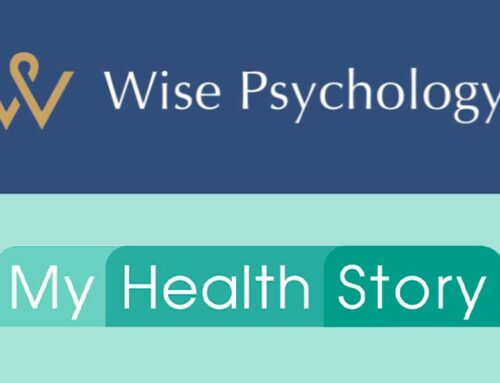
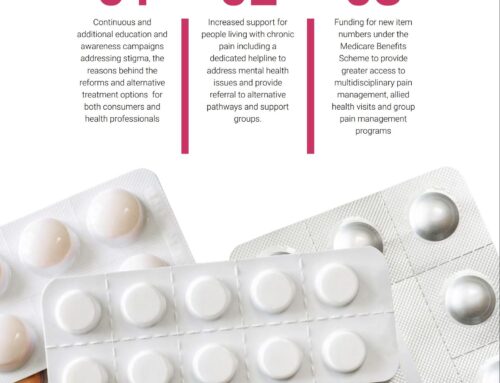
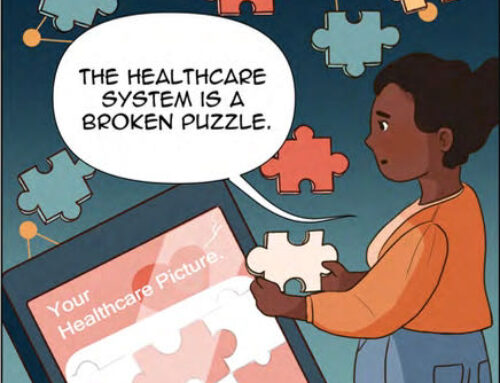

Thank you Michelle. It’s so hard to have to repeat that we need the common sense approach.
I agree. This challenge we face needs a tailored individual response as all situations are different.
Those who abuse the medications make it difficult for genuine sufferers who have to prove it’s required.
Other treatments such as TENS machine, pelvic physio, occupational therapy, meditations and mindfulness, acceptance and commitment therapy, are also valuable coping tools which combined help to manage the condition.
A pill can’t fix everything, but it sure helps.
Michelle, Frances and anyone managing well with their meds, I really don’t believe this conference is about you. I’ve been thinking about these types of comments alot since I’ve been posting about the new hot topic in health media, ‘addiction’. I believe the people taking meds, who are managing well, seem to feel this media relates to them. But you shouldn’t. I don’t believe this is right obviously and in accepting the invitation to present, I have not planned to address those managing their meds – I don’t need to. It’s hard to see this kind of media and not think ‘that’s not me’ and to be confident that these conversations are not about you. Once again, we have to fend for our situation and we feel we have to explain. Unfair! It’s the continuous frustration of having to justify the chronic pain experience.
Well said Frances.
I appreciate Soula recognizes that these medications are a valuable coping tool for some of us.
Personally, I would not have been able to walk, sit, or exercise again without them.
Having these medications withheld for almost a year after my injury certainly contributed to a permanent condition. Not being on suitable medications also limited my ability to seek help, and I incurred extra injury from passing out from pain on multiple occasions.
Please stand up for appropriate access to life saving drugs.
Thank you Loretta!
Congratulations Soula for part of the solution!
Of course there are many people with pain who are managing meds and this sudden switch of thinking is causing alot of judgement for you and them. I have a few dear friends who manage so well on their meds. I really dislike the black and white thinking too. I’ll be talking about the unique experience of each person – we are all different and that goes for med tolerance and med response too! And don’t worry, I’m sure that will come up and be spoken about and I will speak up.
I’m on a slow release opioid twice a day. I’m not addicted or dependent. It is a valuable tool that helps me function and reduces my back pain mainly. My DRG Stim reduces my neuropathic leg pain but does not help my back pain. The back pain is from multiple disc injuries and surgerys that involved 4 laminectomy s. It is prescribed and managed by my pain specialist. Those of us on opioids resent the addiction connotations and stigma surrounding their use. I’m not having a go at you Soula but pts like me are being lumped in with the drug seekers and dr shoppers and it’s very unfair.